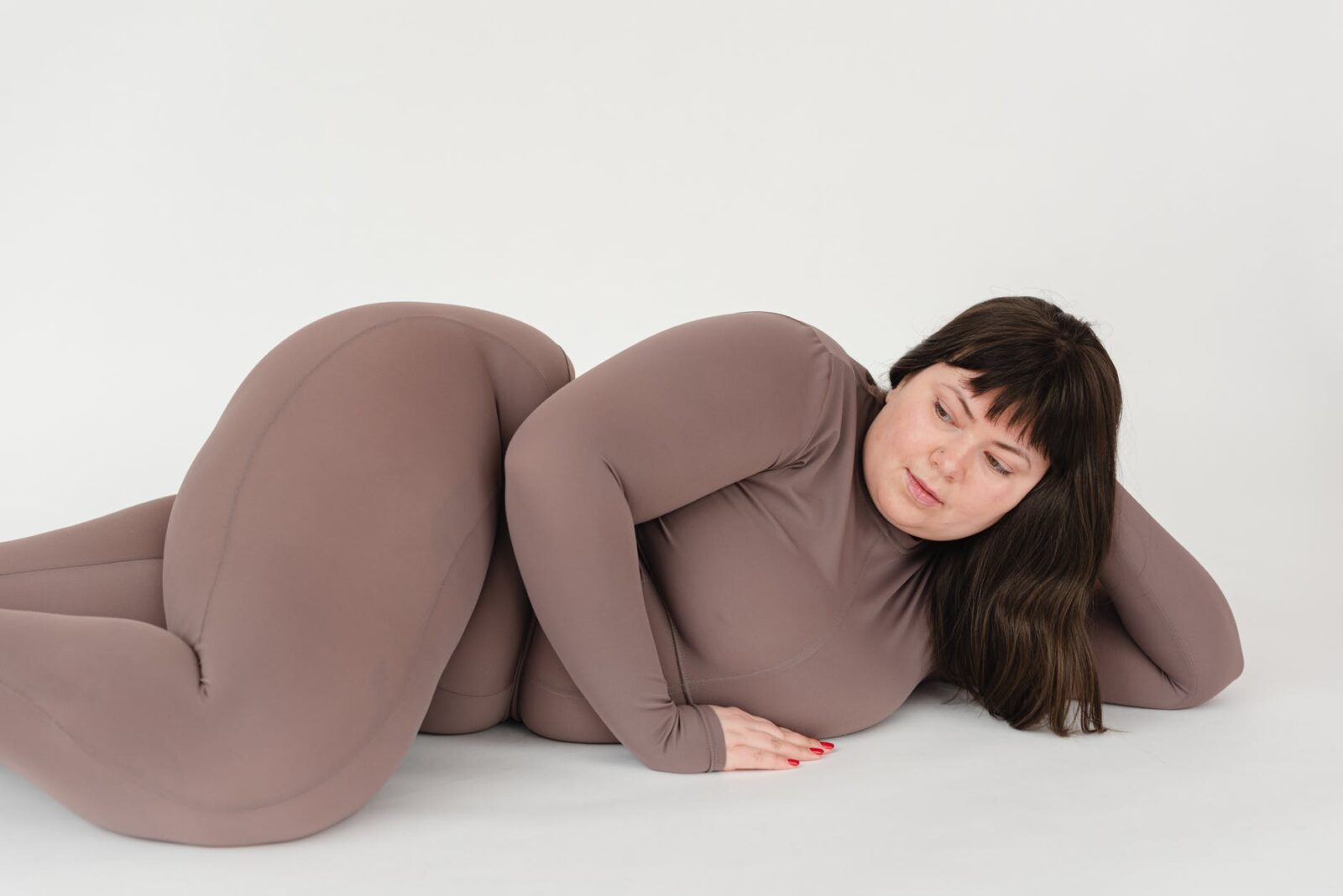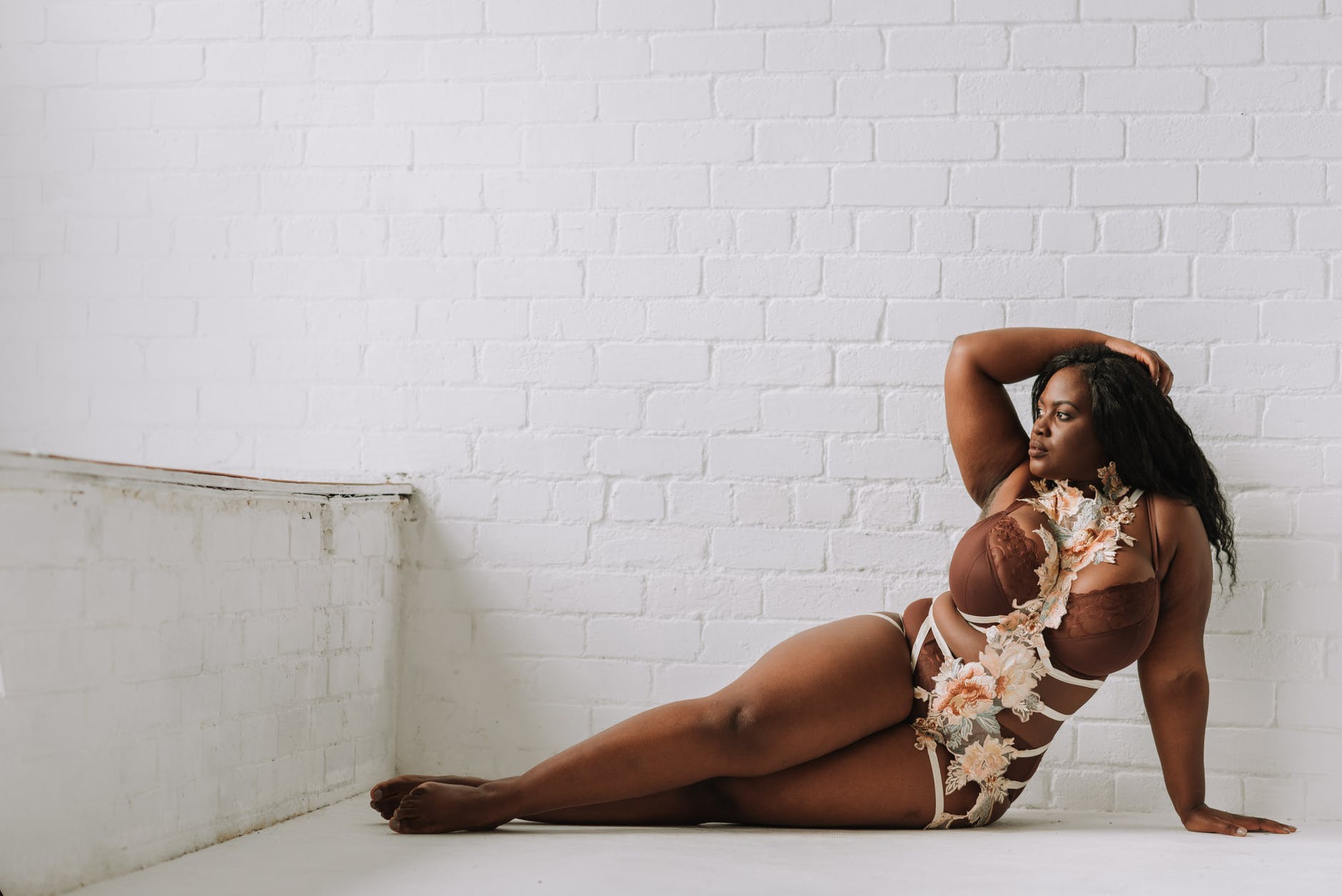Weighing In On The Global Obesity Crisis

Sue Dhillon is an Indian American writer, journalist, and trainer.
THE GLOBAL OBESITY CRISIS: IS BODY INCLUSIVITY BECOMING DANGEROUS?
2021 has become the year of inclusivity and body positivity. However, in recent months, one area, that being obesity has sparked debate regarding the topics of the global obesity crisis, being more susceptible to Covid-19 and social media trends. Uniting all these together is the term ‘fatphobia’ which most recently gain traffic on the social media platform TikTok. Many have spoken about their experiences and the societal involvement and reaction to being a larger individual, but many are reluctant to share their opposing views in the fear of creating offence. A sensitive topic, what really is the cause for our growing obesity issue and when does body inclusivity become dangerous?

THE TRUE SCALE OF THE ISSUE
According to the World Health Organisation (WHO), worldwide obesity has nearly tripled since 1975, with over 39 million being children under the age of five. Reading these statistics, there’s no denying that we have an issue on our hands. Obesity can be caused by many things; your lifestyle, underlying health conditions and social status – obesity is a health issue that is affecting our health services. However, many cases of obesity can easily be solved, reducing stress on places like the NHS.
It’s clear that being overweight and obese has no advantages. Most recently bringing to light the impact of an individual’s weight is their susceptibility of contracting Covid and experiencing server symptoms/complications. Countries such as the UK, US and Italy who have received the highest number of deaths relating to Covid are also the places where more than 50% of adults are overweight.
SOCIAL MEDIA IS ‘FATPHOBIC’
Whilst there are many factors adding to the issue of obesity, social media/societal behaviours are playing a massive role in the acceptance of such body standards. A term relating to the stigma of obesity – ‘fatphobia’- has been used across Twitter and TikTok to describe those who might have opposing views to the acceptance of larger people.
One woman has created a TikTok series sharing her experiences of travelling as a larger person, believing hotels are ‘fatphobic’ due to the supply of smaller towels and toilets placed with little space. Many people believe that larger people are not included in society e.g., seats on airplanes, clothing sizes etc. My opposing view is that I don’t believe society should tailor to obese people as it’ll encourage the acceptance of such and not drive change (relating to those who are obese due to lifestyle choices).My perspective on such is I don’t care what size you wear but I care that you’re healthy, and it’s hard for me to believe that someone is healthy when they’re overweight.
Another woman took to TikTok to voice her own opinions regarding ‘fatphobia’ with the views of saying body stature is not a preference when dating, saying you’re ‘fatphobic’ if you’re not attracted to larger people. She even went as far to compare being ‘fat’ to race and being disabled. Utterly ridiculous and I would go as far to say offensive, this is a prime example of where body positivity has gone too far. It’s okay not to be attracted to larger people and people shouldn’t make others feel bad for their preferences.
Fatphobia has been in popular culture for centuries with the idea of being ‘large’ negative. The Tess Holliday/Strawberry dress controversy is a prime example of ‘fatphobia’ within society. The plus-size model wore the social media famous dress to the Grammy’s and quickly receive negative comments, whilst smaller people got praised. Whilst I agree that the media is harsh on larger people, I also take the view that some things just do look better on smaller people, as colours do on skin tones. Negative comments can be overwhelming but I think some people take it too personally regarding clothing criticism.
HOW TO SOLVE OBESITY
So, how do we solve the obesity crisis. Whilst some are obese due to unavoidable health issues, other people’s obesity is easily solved with the correct nutrition and availability to such. Once a high-income country problem, obesity has now become an issue regarding the lower classes who do not have the funds for fruit and veg. This can only be resolved by the governments, working to solve the class divide.
The media have done well to create unattainable beauty standards, acting as a driving force for ‘fatphobia’. Social media’s role in the rise of body positivity is great as we need more representation of ‘normal’ bodies within media. But I believe it’s beginning to go too far as people become overly sensitive to views that disagree with their own or ‘target’ them in some form.
This article was written by contributing writer Malin Jones.
Malin Jones – Click on the link to see her LinkedIn.
More stories from Malin –
Cancel Culture And Its Evolution
A Heated Olympics: The Inclusion Of Transgender Women
Social Media Influencers Are Taking Over The World And They Want More


